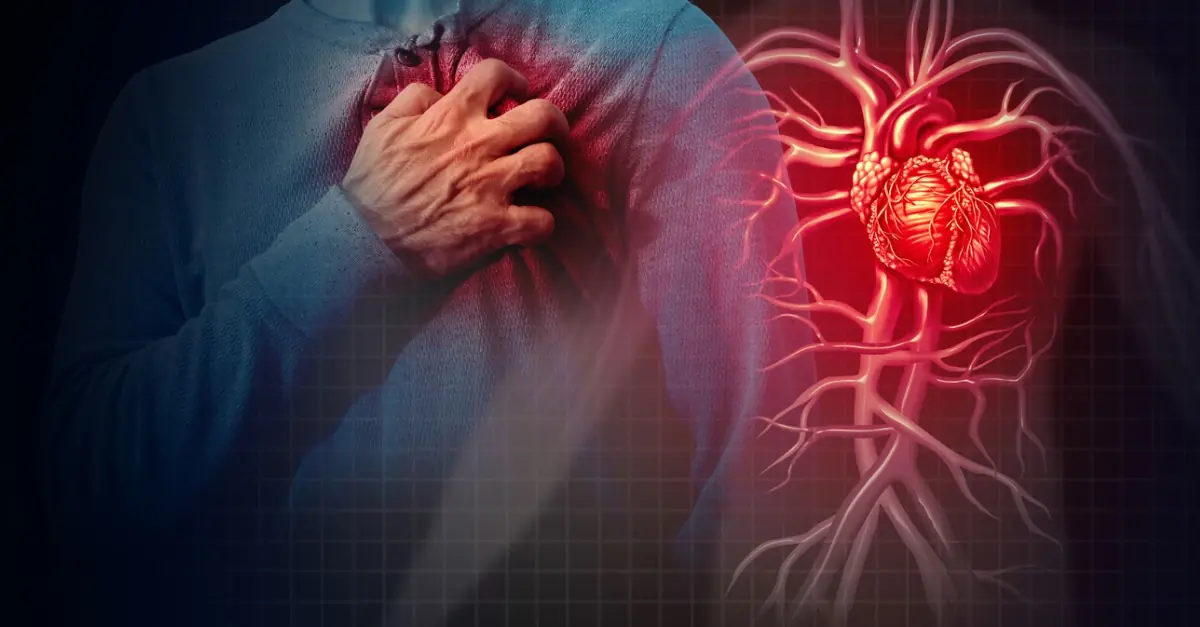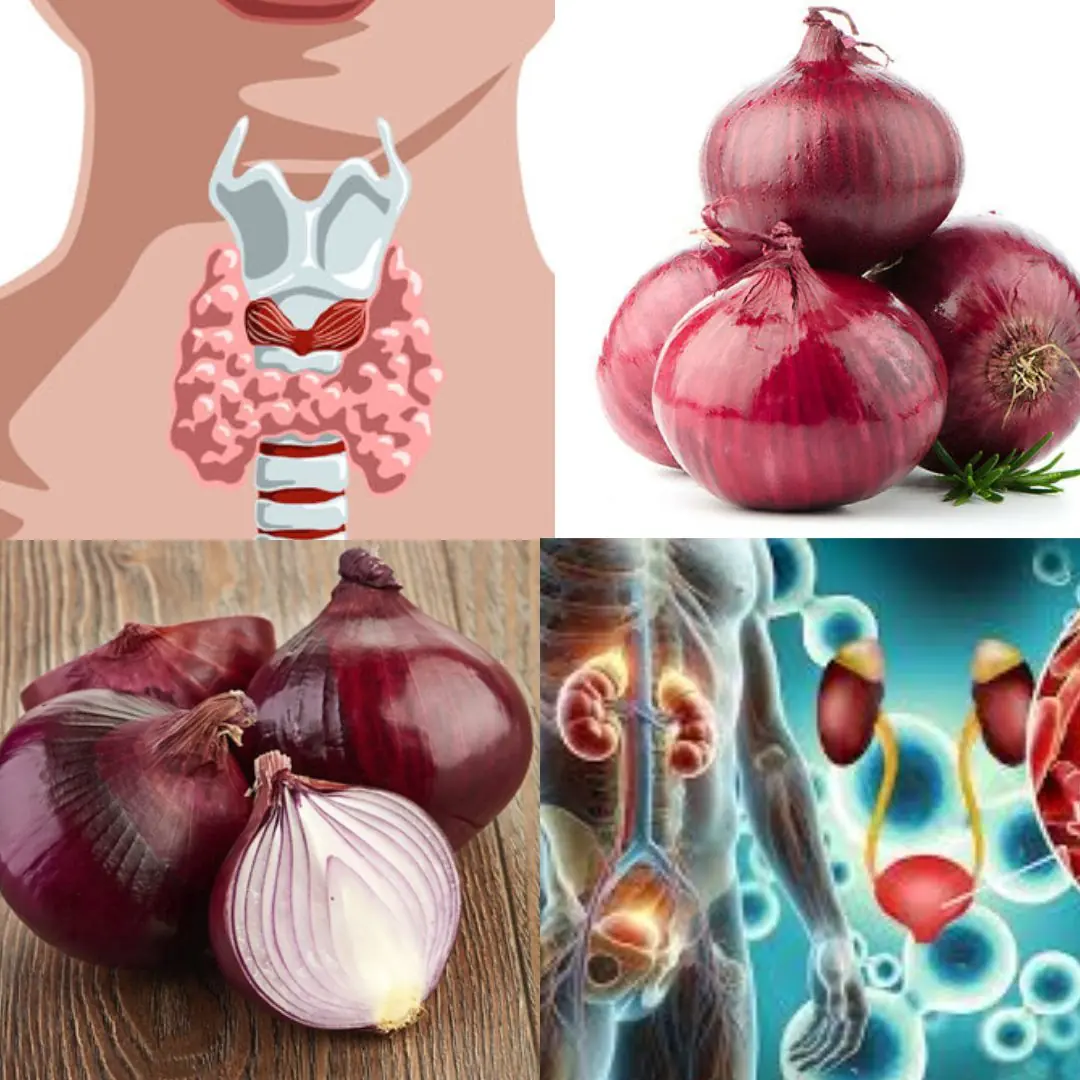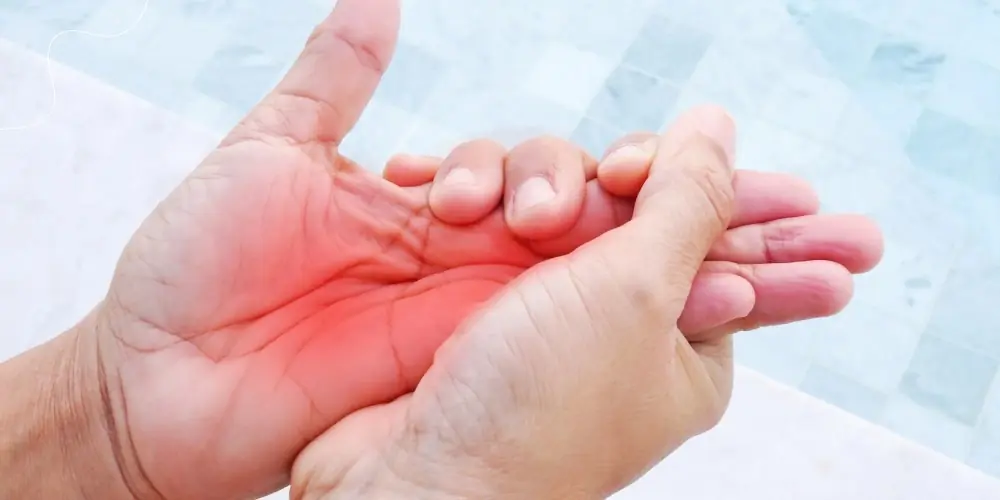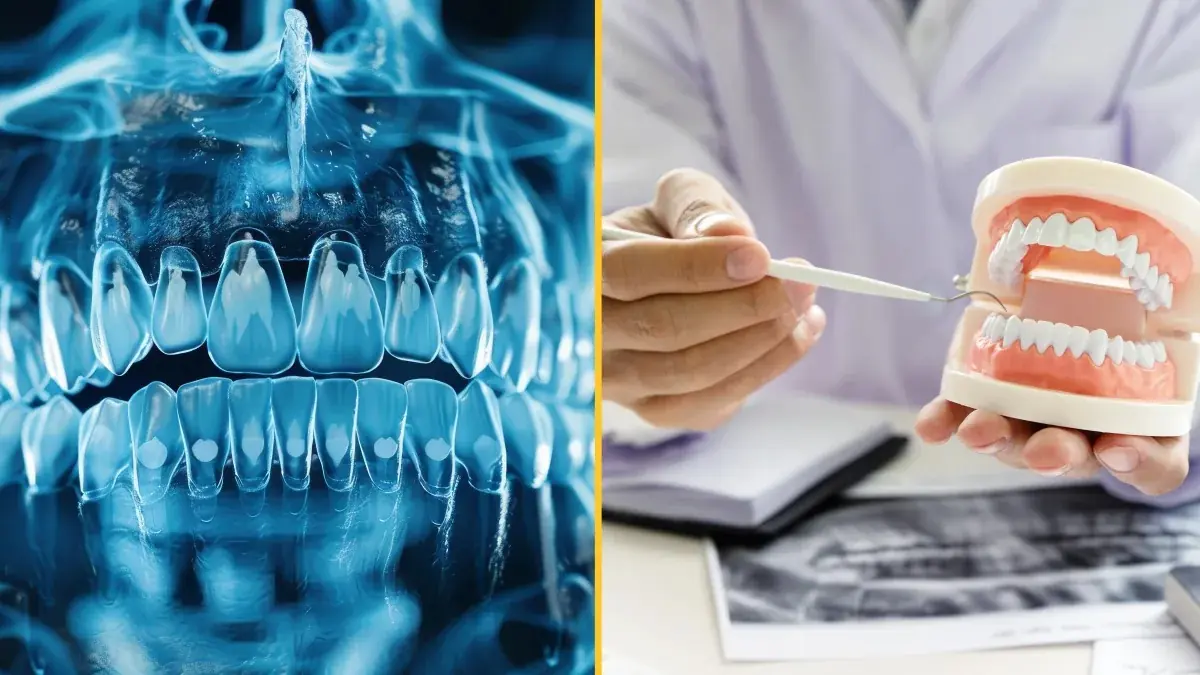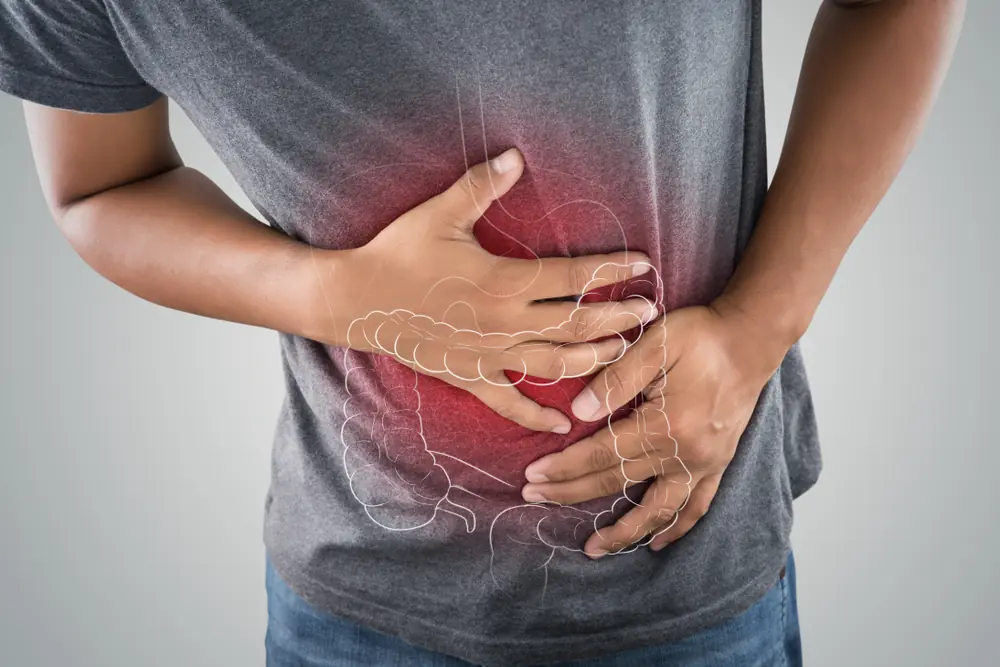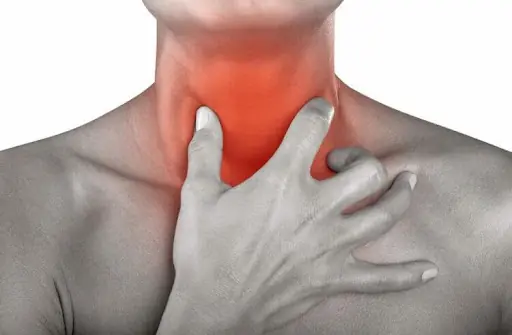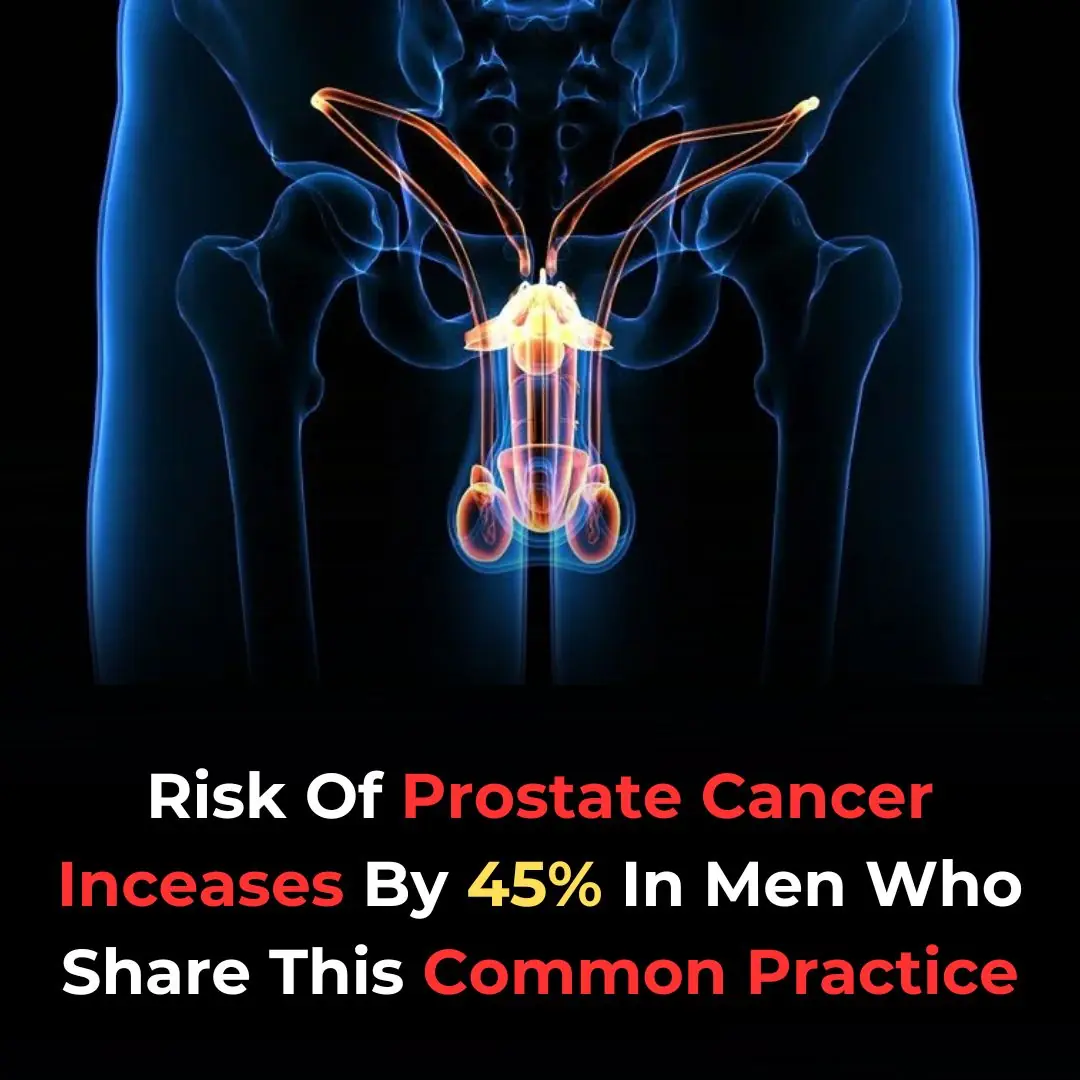Clogged arteries, also known as atherosclerosis, are a serious condition that can lead to heart disease, stroke, and other cardiovascular problems. The condition develops when fatty deposits, cholesterol, and other substances build up in the arteries, narrowing the blood vessels and restricting blood flow. While clogged arteries may not present noticeable symptoms in the early stages, there are several warning signs to watch out for as the condition progresses. Here are ten common signs that you may be living with clogged arteries:
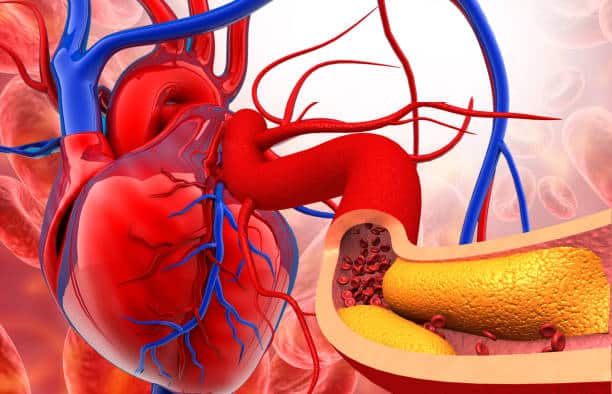
-
Chest Pain (Angina)
One of the most common symptoms of clogged arteries is chest pain, or angina. The heart requires an adequate supply of oxygen-rich blood, and when the arteries are blocked, the heart has to work harder to pump blood. This can cause discomfort or pain in the chest, which may feel like tightness, pressure, or a squeezing sensation. Angina can be triggered by physical activity, stress, or even emotional distress. -
Shortness of Breath
If you find yourself becoming unusually short of breath, especially during physical exertion, it could be a sign that your arteries are blocked. When your heart isn't getting enough blood due to clogged arteries, it may struggle to pump oxygen to other parts of your body, leading to feelings of breathlessness. -
Fatigue
Chronic fatigue, or feeling unusually tired even after a full night's sleep, is another potential sign of clogged arteries. When blood flow is restricted, your body receives less oxygen and nutrients, making it harder to sustain energy levels throughout the day. -
Dizziness or Lightheadedness
Clogged arteries can reduce blood flow to the brain, causing dizziness or a feeling of lightheadedness. This symptom may occur suddenly, especially when standing up quickly, and can be a sign that the blood supply to the brain is insufficient. -
Numbness or Coldness in the Limbs
Atherosclerosis can also affect blood flow to your arms and legs. If you experience numbness, tingling, or coldness in your hands, feet, or legs, it could be a sign that the arteries in those areas are becoming blocked, preventing adequate circulation. -
Swelling in the Legs or Feet
Swelling, especially in the legs or feet, can occur when the arteries are clogged and the blood isn't flowing efficiently. This can lead to fluid buildup in the lower extremities, resulting in visible swelling and discomfort. -
High Blood Pressure
High blood pressure, or hypertension, often occurs alongside clogged arteries. When the arteries are narrow, the heart has to pump harder to push blood through the body, which can cause blood pressure to rise. If left untreated, high blood pressure can worsen atherosclerosis and increase the risk of heart attack and stroke. -
Irregular Heartbeat
An irregular heartbeat, or arrhythmia, is another potential sign of clogged arteries. As the heart struggles to pump blood effectively due to blocked arteries, it may start beating too quickly, too slowly, or in an uneven rhythm, leading to palpitations or a racing heart. -
Erectile Dysfunction
In men, erectile dysfunction can sometimes be linked to clogged arteries. Reduced blood flow due to blocked arteries can affect the ability to achieve or maintain an erection, as the penis requires a healthy blood supply to function properly. -
Pain in the Legs While Walking
If you experience pain or cramping in your legs when walking, this condition is known as intermittent claudication. It occurs when the blood supply to the muscles in your legs is insufficient due to blocked arteries. The pain typically subsides after resting and may worsen over time if left untreated.
In conclusion, clogged arteries are a serious health issue that should not be ignored. If you experience any of these symptoms, it is important to seek medical attention as soon as possible. Early detection and lifestyle changes, such as a healthy diet, regular exercise, and avoiding smoking, can help prevent the progression of atherosclerosis and reduce the risk of heart disease and other related conditions. Taking care of your heart and arteries is essential for a long and healthy life.



